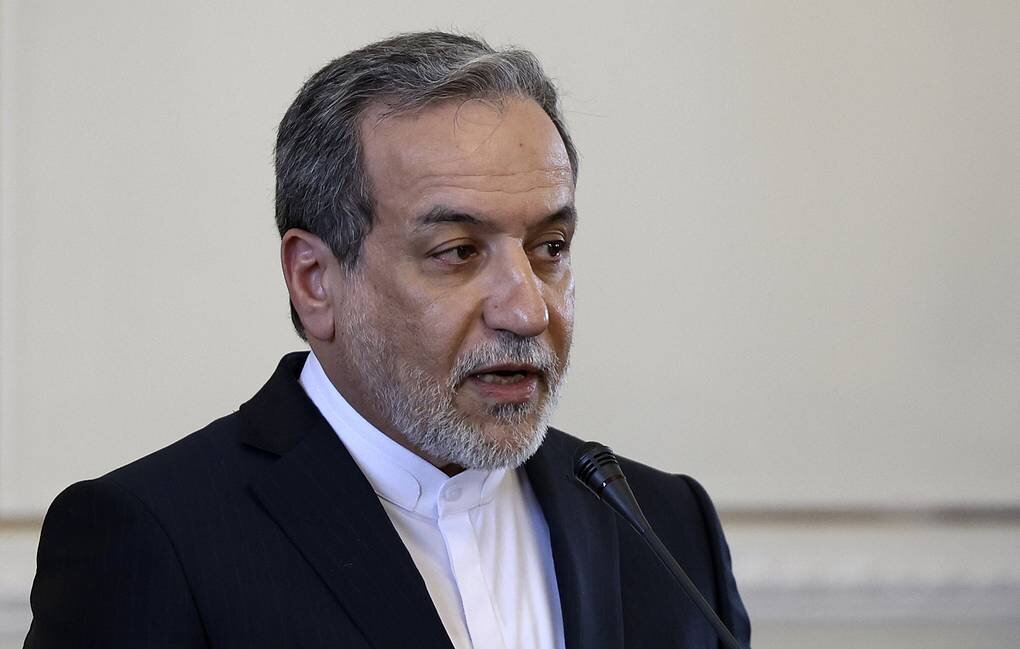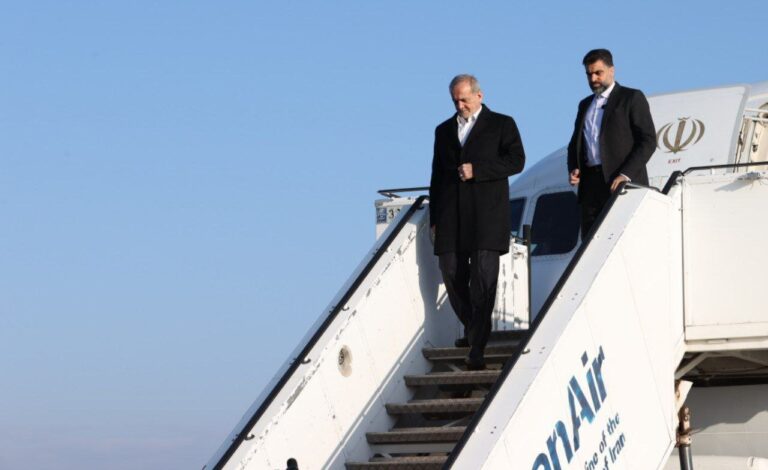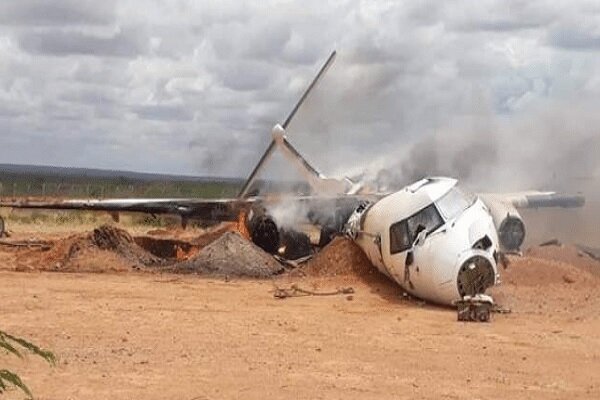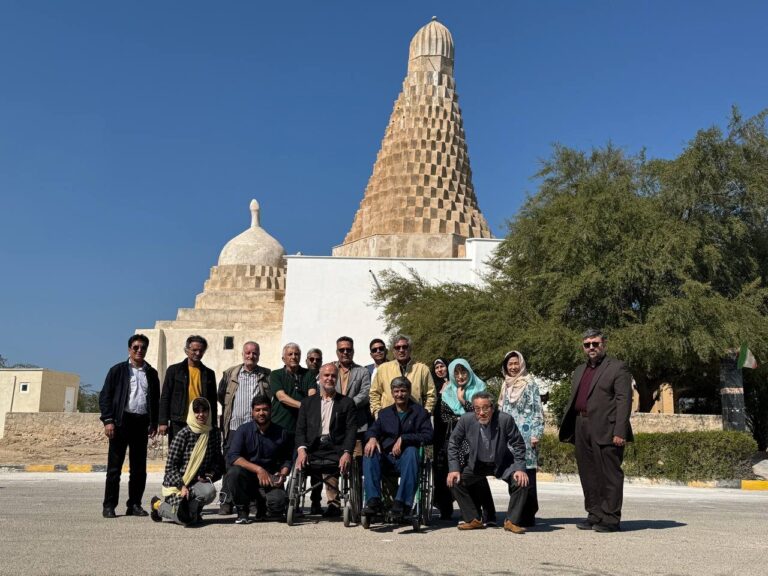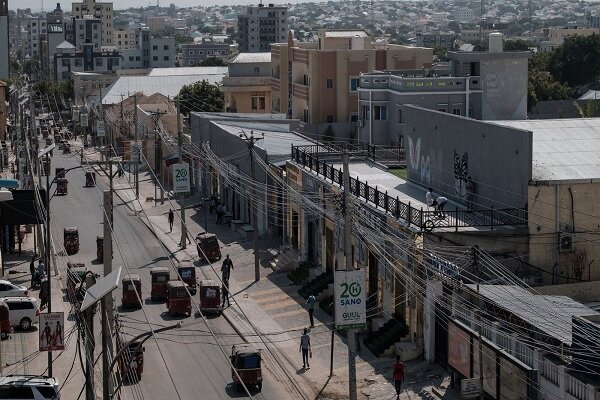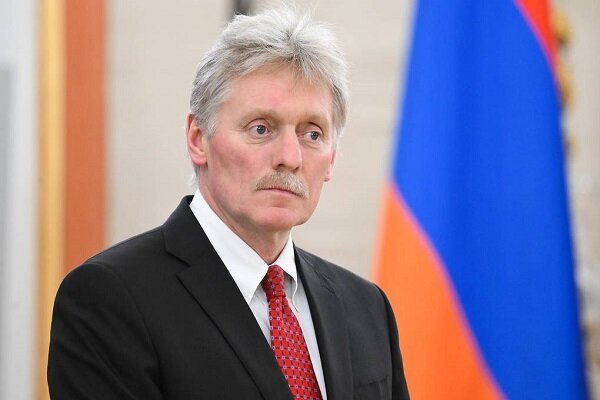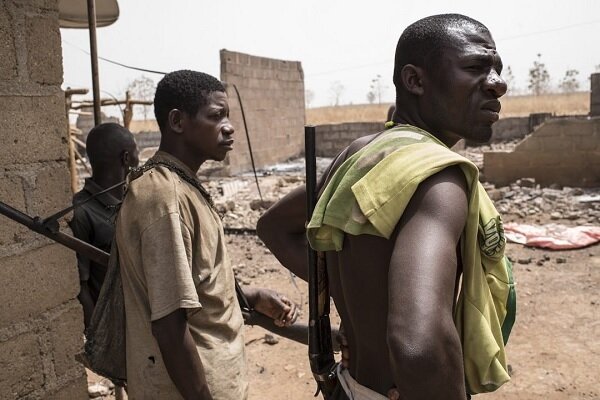Intense Direct Talks Amid Military Threats: Unpacking the Futility Behind Tensions
In a recent development regarding Iran’s nuclear issue, Iranian Foreign Minister Seyed Abbas Araghchi engaged in a significant phone conversation with UK Foreign Secretary David Lammy. The discussion focused on enhancing bilateral relations, regional dynamics, and the ongoing challenges surrounding Iran’s nuclear program.
During the call on Thursday night, Lammy took the opportunity to extend his greetings for Nowruz, the Persian New Year, to Araghchi. He reiterated the commitment of both the UK and the EU to seek a diplomatic resolution concerning Iran’s nuclear file. Lammy also mentioned his intention to discuss the matter further with European and American officials in the near future.
Araghchi expressed his frustration regarding what he perceives as Europe’s unconstructive actions, particularly in light of ongoing sanctions against Iran, which he described as being imposed under “baseless pretexts.” He called on the three European nations to reassess their approach not only towards Iran but also in relation to broader issues in West Asia.
The Iranian Foreign Minister reiterated Iran’s openness to diplomatic engagement concerning its peaceful nuclear program. However, he firmly stated that negotiations conducted under conditions of “maximum pressure” and “military threats” would yield no meaningful outcomes. He insisted that diplomacy should not be used as a political tool or for psychological pressure.
In a related statement, Araghchi addressed the contradictory remarks made by US officials regarding potential talks with Iran. He firmly rejected the notion of utilizing diplomacy as a means of exerting political or psychological pressure. He also confirmed that Iran has officially responded to a letter from the US president through an appropriate diplomatic channel.
The conversation also touched on the recent appointment of new ambassadors in both London and Tehran, with both parties expressing optimism that this development might lead to smoother bilateral relations. This positive note was echoed in discussions about consular matters, where each side voiced their concerns while emphasizing the necessity of maintaining open communication channels between Tehran and London. This is deemed crucial for effectively addressing bilateral issues and mutual interests.
Key points from the conversation include:
- Greeting and Commitment: Lammy extended Nowruz greetings and reaffirmed the UK and EU’s diplomatic commitment.
- Frustration Over Sanctions: Araghchi criticized the continuation of sanctions against Iran.
- Open to Diplomacy: Iran expressed willingness to engage diplomatically regarding its nuclear program.
- Rejecting Pressure Tactics: Emphasis on the futility of negotiations under pressure and threats.
- Response to US President: Confirmation of Iran’s diplomatic response to the US president’s letter.
- New Ambassadors: Both sides welcomed new ambassadors, hoping for improved relations.
- Importance of Communication: Emphasis on maintaining effective communication channels between Tehran and London.
Overall, this conversation highlights the complexities surrounding Iran’s nuclear negotiations and the broader geopolitical landscape. Both Iranian and UK officials recognize the importance of dialogue and communication in addressing mutual concerns and fostering better relations.
As the situation continues to evolve, both sides remain committed to exploring diplomatic avenues while navigating the challenges posed by sanctions and international pressures. The willingness to engage in discussions, as reflected in this phone call, indicates a potential pathway towards resolving longstanding issues, provided that both parties are open to constructive dialogue.
In conclusion, the recent dialogue between Iranian Foreign Minister Seyed Abbas Araghchi and UK Foreign Secretary David Lammy serves as a reminder of the ongoing efforts required to address intricate international matters. The hope for improved relations and a focus on diplomatic solutions could pave the way for a more stable and cooperative future between Iran and the UK.
